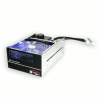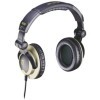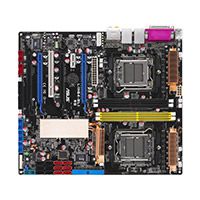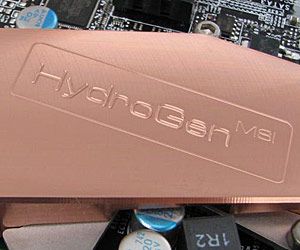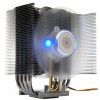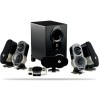Last week, a GameSpot editor (Jeff Gerstman) was fired after publishing a negative review of the new game Kane & Lynch: Dead Men. We can’t say for sure whether the two events were related; Jeff wrote the review, and was fired after it was published. (Draw your own conclusions.) Gerstman’s employer, GameSpot, was quick to publish a statement afterward, saying it takes editorial integrity “very seriouslyâ€. The entire incident has prompted a wide-ranging discussion on everything from the possibility of foul play in the GameSpot scandal itself to the more general ethical considerations in a medium supported by advertising dollars.
The discussion continues at Ars Technica, where columnist Ben Kuchera tackles the ethical concerns in the game journalism world, but it’s exceedingly relevant to the hardware journalism world, as well as the rest of the software journalism world. Editors and reviewers balance ethical concerns with the concern for perpetuating the journalistic enterprise – and the sobering truth is that in some cases, ethical considerations have had to give way to self-preservation.
Currently, it’s Techgage editorial policy not to bow to pressure from hardware manufacturers and software publishers to pad their review scores, even if they have advertisements on our site. We strive to uphold our role as advocates of the consumer first and foremost, and ultimately we believe this arrangement is the most beneficial, both to our readers and to manufacturers and publishers. If a company is dissatisfied with the outcome of a Techgage review, we will oblige them by re-examining the methodologies and attitudes present in the review itself, but that’s as far as it goes. If the methods used in testing and reviewing the product are legitimate, we’ll ultimately stand behind our reviewers’ opinions, and invite the company to submit a different product which may fare better in our review process. But we have it a little easier than sites that specialize heavily in game reviews – because of the diversity of content we publish, we have a much broader base of companies that we can go to for advertising. In gaming journalism, the market is dominated by several major players, which means that as a matter of survival, you’ve got to be very selective about who you tick off.
 |
The reason this issue came up at GameSpot was simple: the site allows one company to blanket GameSpot when a new game is released. When one title occupies every ad spot on your site and also features a launch center, trailers, and anything else you can think to sell, the game’s makers have too much control over what writers say. After all, at that stage, it’s their site. They paid for it, it’s covered with their intellectual property, and it’s by their graces that you’re still in operation.
Source: Ars Technica
Published on December 4, 2007




